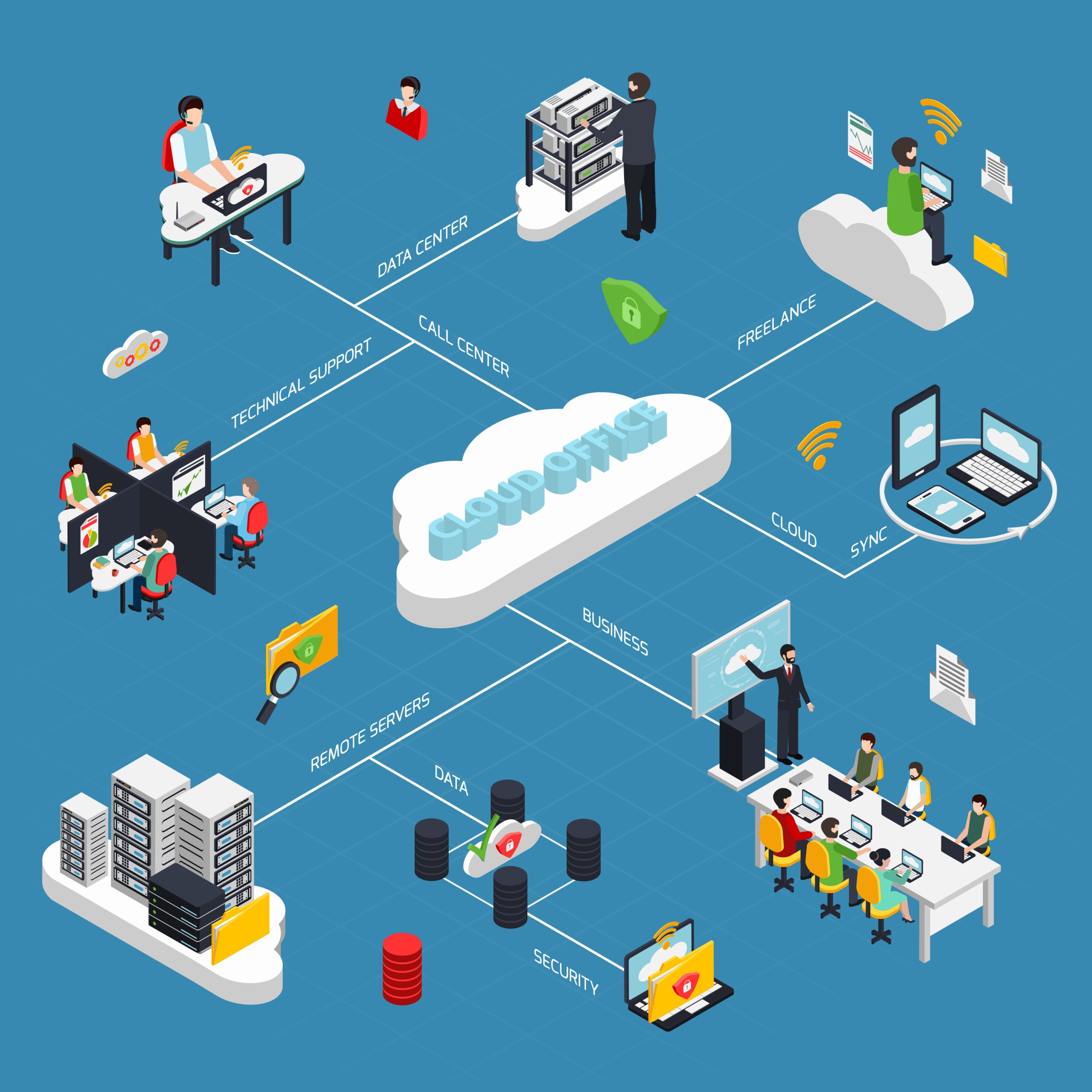Introduction:
Technology Transfer Offices (TTOs) play a vital role in collaborative research, acting as the crucial link between academia and industry. They facilitate the transfer of research outcomes, fueling innovation and driving real-world impact. In this blog post, we explore the indispensable functions of TTOs in unlocking innovation and transforming collaborative research into tangible outcomes.
I. Fostering Intellectual Property (IP) Management:

Technology transfer offices (TTOs) play a crucial role in fostering intellectual property (IP) management within the realm of collaborative research. They understand the value of the innovative ideas, discoveries, and inventions that arise from collaborative projects. TTOs work closely with researchers to identify and protect the intellectual property generated, ensuring that it is recognized, safeguarded, and properly managed.
TTOs assist researchers in conducting thorough patent searches and assessments to determine the novelty and potential patentability of their discoveries. They guide researchers through the complex process of filing patent applications, managing legal considerations, and handling administrative tasks. By providing expertise in IP management, TTOs ensure that the rights and interests of the researchers and collaborating parties are protected, thereby promoting a culture of innovation and incentivizing further collaborative research efforts.
II. Orchestrating Collaborative Agreements:

Collaborative research often involves multiple stakeholders, including academic institutions, industry partners, and government agencies. Technology transfer offices serve as orchestrators in facilitating the negotiation and drafting of collaborative agreements. These agreements are vital as they establish the framework for the collaboration and define the rights and responsibilities of each party involved.
TTOs work closely with researchers and legal experts to draft comprehensive agreements that address various aspects of the collaboration, with a particular focus on intellectual property ownership, licensing arrangements, and commercialization provisions. By ensuring that the terms and conditions are clearly defined and agreed upon by all parties, TTOs help establish a solid foundation for successful collaboration and the efficient transfer of research outcomes.
III. Expediting Licensing and Commercialization:

One of the primary functions of technology transfer offices is to expedite the licensing and commercialization of research outcomes. TTOs evaluate the market potential of the discoveries or technologies arising from collaborative research projects. They analyze market trends, assess competitive landscapes, and identify potential industry partners or licensees who can further develop and commercialize the research outcomes.
TTOs actively engage with industry contacts, initiate licensing negotiations, and facilitate the transfer of technology or knowledge to the commercial sector. They work tirelessly to establish licensing agreements that are mutually beneficial for both the researchers and the industry partners involved. By expediting the licensing and commercialization process, TTOs ensure that the innovative research outcomes reach the market efficiently and contribute to societal and economic impact.
IV. Nurturing Startup Ventures:

Collaborative research often gives rise to groundbreaking discoveries and inventions with significant commercial potential. In such cases, technology transfer offices play a crucial role in nurturing startup ventures or spin-off companies. TTOs provide valuable support and guidance to researchers interested in pursuing entrepreneurial paths.
TTOs assist researchers in assessing the commercial viability of their research outcomes and guide them through the process of establishing startup ventures. They offer resources such as business development expertise, mentorship programs, and access to networks of investors and industry professionals. By fostering a supportive environment for entrepreneurship, TTOs empower researchers to transform their innovative ideas into successful startup ventures, creating economic opportunities and driving technological advancements.
V. Enabling Funding and Grants:

Securing funding is often a critical aspect of advancing collaborative research and bringing research outcomes to the market. Technology transfer offices play an instrumental role in enabling researchers to access funding opportunities and grants.
TTOs assist researchers in identifying suitable funding sources aligned with their research objectives and commercialization plans. They provide guidance and support in preparing funding proposals, ensuring that the proposals meet the requirements and expectations of funding agencies. TTOs also help researchers navigate the complex landscape of grant applications, improving their chances of securing the necessary financial resources to support the commercialization journey.
VI. Empowering Researchers through Training and Education:

In addition to their operational functions, technology transfer offices prioritize the empowerment of researchers through training and education initiatives. TTOs recognize the importance of equipping researchers with the necessary knowledge and skills to navigate the complex world of technology transfer and commercialization.
TTOs organize training programs, workshops, seminars, and informational sessions to educate researchers on topics such as intellectual property management, technology transfer processes, commercialization strategies, and entrepreneurship. By imparting this knowledge, TTOs enable researchers to understand the value of their work, navigate the intricacies of intellectual property protection, and make informed decisions throughout the technology transfer process. Ultimately, empowering researchers with relevant training and education enhances their ability to contribute to the successful commercialization of collaborative research outcomes.
Conclusion:
Technology transfer offices play a pivotal role in facilitating collaborative research by supporting researchers in managing intellectual property, coordinating collaborative agreements, expediting licensing and commercialization, nurturing startup ventures, enabling funding opportunities, and empowering researchers through training and education. Their multifaceted functions are essential for bridging the gap between academia and industry, driving innovation, and translating research into tangible societal and economic impact. By harnessing the expertise and resources of technology transfer offices, collaborative research efforts can unlock their full potential and pave the way for a future of transformative innovation.
